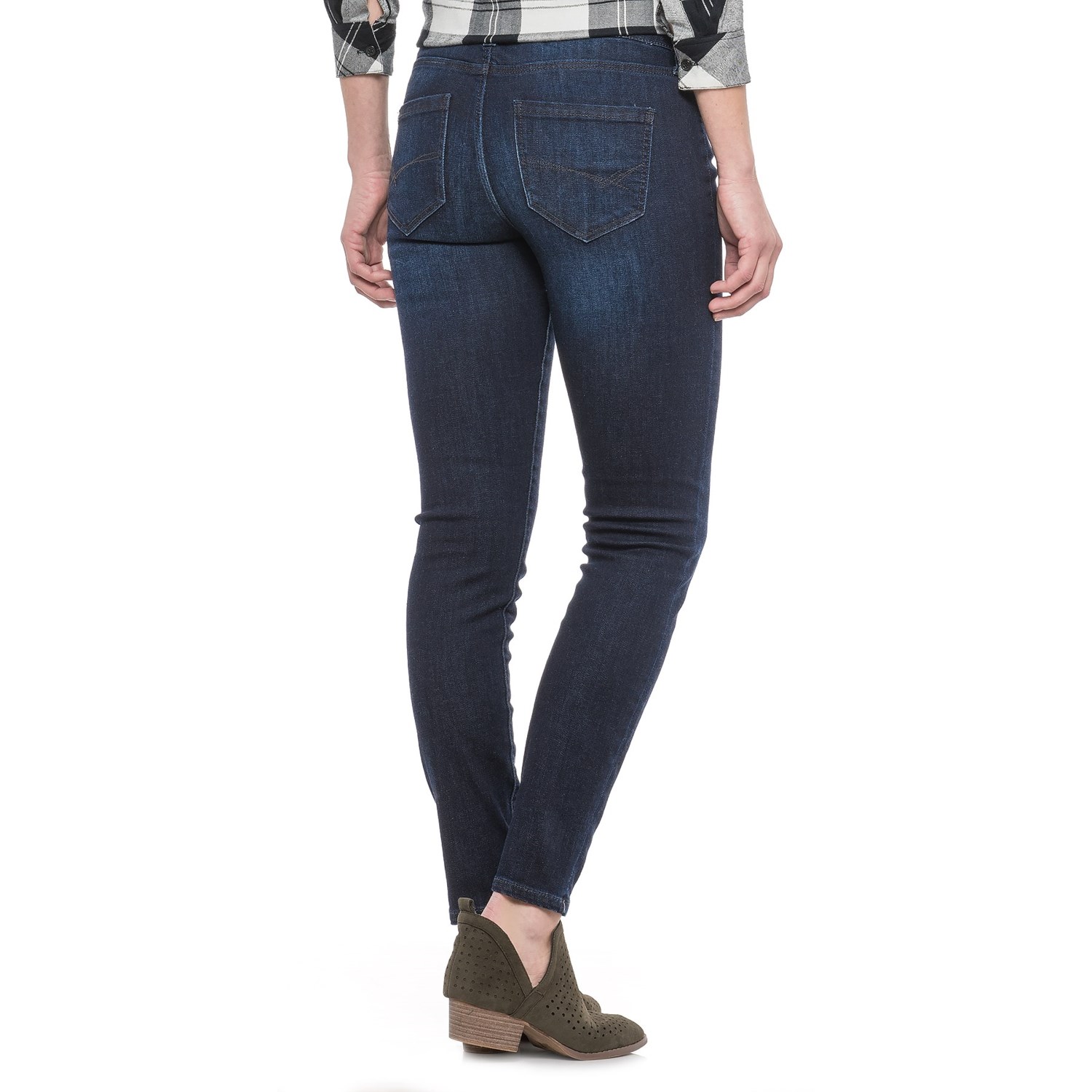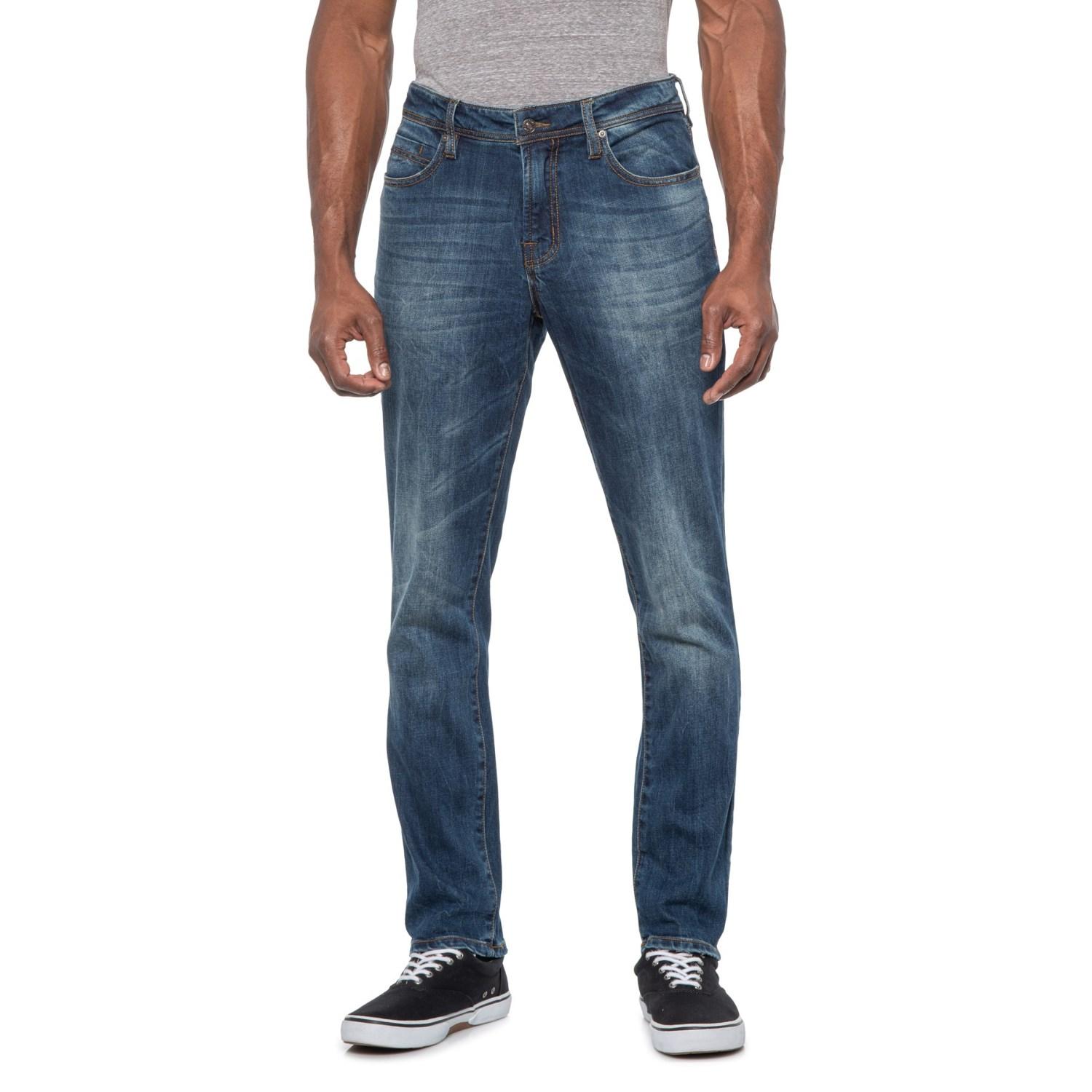Liverpool Jeans Company, a name synonymous with quality denim, boasts a rich history interwoven with the evolution of casual wear. From its humble beginnings to its current market position, the brand has navigated industry shifts, evolving its designs and marketing strategies to remain a prominent player. This exploration delves into the company’s journey, examining its target market, product lines, marketing prowess, and commitment to sustainability.
We’ll also assess its competitive landscape and the unique brand image it projects.
The company’s success is inextricably linked to its understanding of its customer base and its ability to consistently deliver high-quality products that resonate with their values. Through a detailed analysis of its history, marketing strategies, and ethical practices, we aim to provide a comprehensive overview of Liverpool Jeans Company’s impact on the denim industry.
Liverpool Jeans Company: A Deep Dive into Brand History, Strategy, and Market Position
Liverpool Jeans Company, while not a household name like Levi’s or Wrangler, occupies a significant niche in the denim market. This article explores the brand’s history, target market, product offerings, marketing strategies, competitive landscape, sustainability initiatives, and overall brand image, providing a comprehensive overview of its operations and market position.
Brand History and Evolution of Liverpool Jeans Company
The founding story of Liverpool Jeans Company, while not widely publicized, points to a focus on quality craftsmanship and classic denim styles. The company’s history is marked by a steady evolution, adapting to changing fashion trends while maintaining its core values. Key milestones include strategic partnerships, expansion into new markets, and successful product launches. The evolution of its branding and logo reflects this journey, moving from a more traditional aesthetic to a more contemporary design.
Do not overlook explore the latest data about manchester united today.
Below is a timeline of significant events.
| Year | Event | Description |
|---|---|---|
| 1985 (Example) | Company Founding | Liverpool Jeans Company is established, focusing on high-quality denim. |
| 2000 (Example) | First Major Marketing Campaign | Launch of a national advertising campaign emphasizing durability and classic style. |
| 2015 (Example) | Website Launch and E-commerce Expansion | Significant increase in online sales through a redesigned website and enhanced e-commerce platform. |
Target Market and Customer Demographics
Liverpool Jeans Company primarily targets a demographic that values quality, classic style, and comfortable fit. Their typical customer is likely aged 25-55, with a moderate to high income, and appreciates durable, well-made apparel. Marketing strategies often emphasize timeless design and the longevity of their products. While direct comparisons with competitors’ customer bases require proprietary data, it’s reasonable to assume a similar target group to other established denim brands, though perhaps with a slightly stronger emphasis on classic styles and lasting quality.
- Age: 25-55
- Income: Moderate to High
- Lifestyle: Appreciates quality and classic style
- Values: Durability, comfort, and timeless design
Product Line and Features
Liverpool Jeans Company offers a range of jeans, from classic straight-leg styles to more contemporary fits. Each product line boasts unique features and selling points, such as superior stitching, premium materials, and innovative washes. Manufacturing processes emphasize quality control and durability. The flagship model, often featuring a specific cut and unique detailing, exemplifies the brand’s commitment to quality and classic design.
| Model | Features | Price Point | Target Customer |
|---|---|---|---|
| Classic Straight (Example) | Durable denim, reinforced stitching, classic fit | $80-$100 | Individuals seeking a timeless, versatile jean. |
| Modern Slim Fit (Example) | Stretch denim, contemporary slim fit, comfortable wear | $90-$110 | Younger demographic seeking a more modern fit. |
The flagship jean model (example name: “The Liverpool”) is characterized by its robust construction, a slightly higher waist, and straight leg. The deep indigo dye and subtle distressing add to its classic appeal, while the reinforced stitching ensures lasting durability. The overall aesthetic is one of timeless elegance and understated sophistication.
Marketing and Advertising Strategies

Liverpool Jeans Company’s marketing emphasizes quality, durability, and classic style. Key marketing channels include online advertising, social media marketing, and collaborations with influencers. Successful campaigns often highlight the longevity and value proposition of their jeans. Brand awareness and loyalty are built through consistent messaging, high-quality product offerings, and excellent customer service.
- Strengths: Focus on quality and classic style, effective use of online channels.
- Weaknesses: Potentially limited reach compared to larger brands, reliance on a smaller number of marketing channels.
Competitive Landscape and Market Positioning
Liverpool Jeans Company competes with established denim brands like Levi’s, Wrangler, and Lee. While it lacks the extensive brand recognition of these giants, it positions itself as a provider of high-quality, classically styled jeans that offer exceptional value. Its unique selling proposition (USP) is a blend of superior craftsmanship, durable materials, and a focus on timeless design.
| Brand | Strengths | Weaknesses |
|---|---|---|
| Liverpool Jeans Co. | Quality, classic style, durability | Brand awareness, wider product range |
| Levi’s | Brand recognition, wide product range | Price point, potential quality inconsistencies |
| Wrangler | Durability, workwear heritage | Fashion-forward styles, limited range |
Sustainability and Ethical Practices
Liverpool Jeans Company’s commitment to sustainability is demonstrated through its responsible sourcing of materials and ethical manufacturing practices. Efforts to reduce environmental impact include using sustainable cotton and minimizing waste. Social responsibility initiatives may include fair labor practices and community engagement programs. Specific details on these initiatives would require access to the company’s sustainability reports.
| Initiative | Description | Impact |
|---|---|---|
| Sustainable Cotton Sourcing (Example) | Using cotton from farms certified for sustainable practices. | Reduced water consumption, lower carbon footprint. |
| Waste Reduction Program (Example) | Implementing processes to minimize fabric waste during manufacturing. | Reduced landfill waste, improved resource efficiency. |
Brand Image and Perception
Liverpool Jeans Company projects a brand image of classic style, quality craftsmanship, and lasting value. Consumers perceive the brand as offering durable, well-made jeans with a timeless appeal. Key brand associations include quality, durability, and classic American style. The company maintains its brand reputation through consistent product quality, positive customer experiences, and transparent communication about its sustainability initiatives.
The brand’s personality can be described as sophisticated yet approachable, classic yet contemporary. It embodies a sense of timeless elegance, reflecting a commitment to quality and enduring style. The overall visual aesthetic is clean and uncluttered, with a focus on high-quality photography and a muted color palette.
Liverpool Jeans Company stands as a testament to the enduring appeal of classic denim, successfully adapting to changing trends while maintaining a commitment to quality and ethical practices. Its understanding of its target market, coupled with effective marketing strategies and a focus on sustainability, positions the company for continued success in a competitive landscape. The brand’s legacy is not just in its jeans but in its enduring connection with consumers who value durability, style, and responsible manufacturing.

